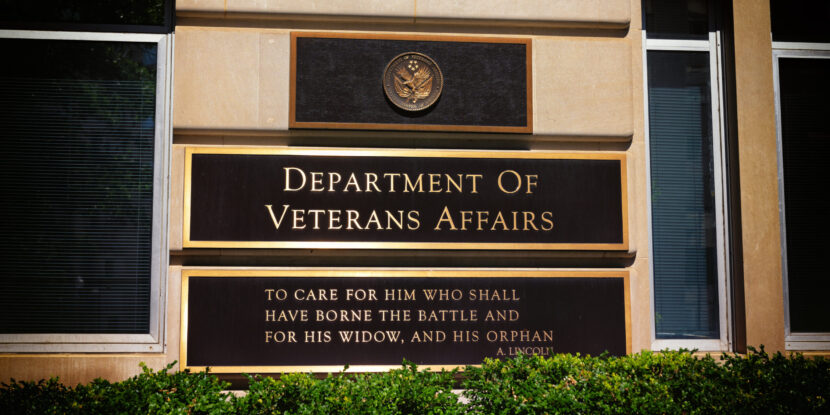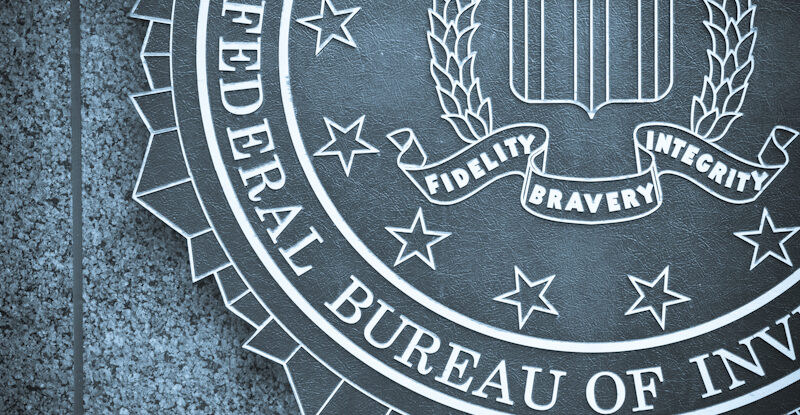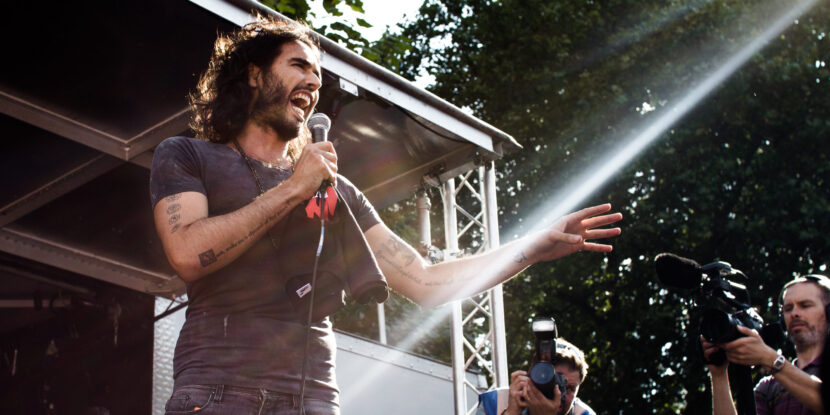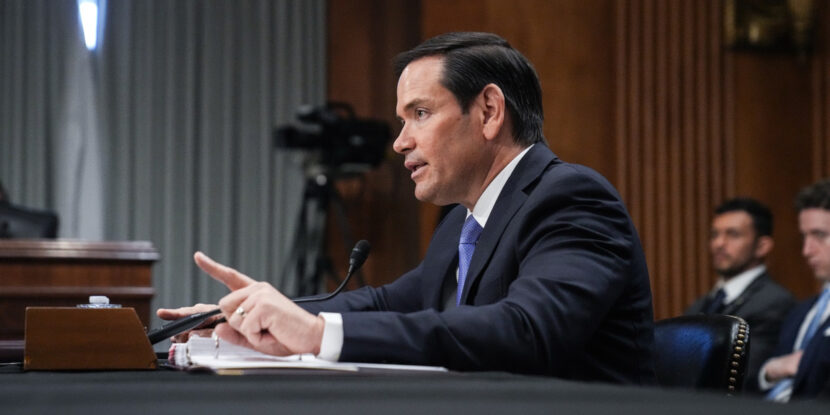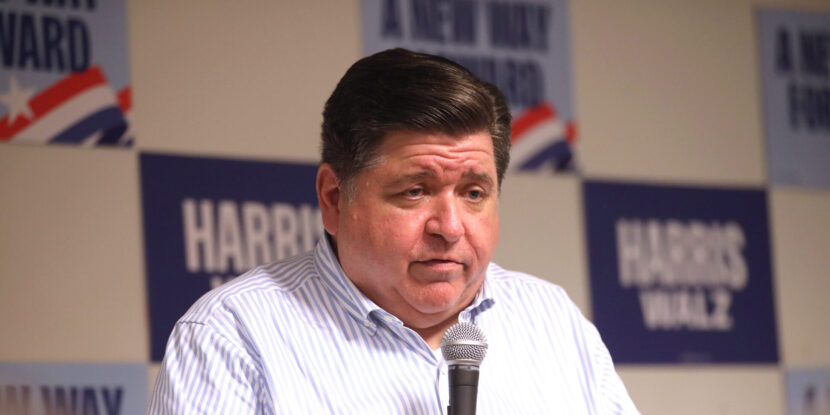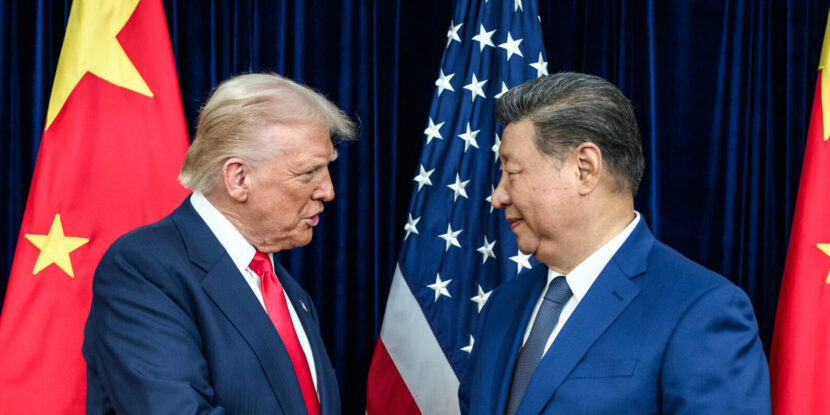❓WHAT HAPPENED: The Department of Justice (DOJ) issued an opinion reversing a Biden-era rule that allowed the Department of Veterans Affairs (VA) to provide taxpayer-funded abortions, citing federal restrictions.
👤WHO WAS INVOLVED: DOJ Office of Legal Counsel, the VA, and the former Biden government.
📍WHEN & WHERE: The opinion was published on Monday, affecting VA medical centers across the U.S.
💬KEY QUOTE: “The DOJ’s opinion states that VA is not legally authorized to provide abortions, and VA is complying with it immediately.” – Veterans Affairs Press Secretary Peter Kasperowicz.
🎯IMPACT: The VA has ceased aborting babies under the Biden-era rule, complying with the DOJ’s interpretation of federal law.
A U.S. Department of Justice (DOJ) ruling issued on Monday has overturned a former Biden regime policy that allowed the Department of Veterans Affairs (VA) to provide taxpayer-funded abortions. The DOJ opinion concludes that federal law generally prohibits the VA from aborting babies.
Issued by the DOJ’s Office of Legal Counsel, the opinion found that a 2022 rule adopted after the Supreme Court’s Dobbs decision conflicted with the Veterans Health Care Act. That rule had permitted the VA to provide abortions in certain circumstances.
Josh Craddock, Deputy Assistant Attorney General for the OLC, said the VA secretary’s authority over medical care has clear limits. “That discretion is not limitless,” Craddock wrote, adding that the Veterans Health Care Act “makes clear” abortion services may only be provided in specific situations, such as life-threatening emergencies or as part of treatment for ectopic pregnancies and miscarriages.
Veterans Affairs Press Secretary Peter Kasperowicz confirmed the department has already stopped providing abortions under the Biden-era rule. “The DOJ’s opinion states that VA is not legally authorized to provide abortions, and VA is complying with it immediately,” he said.
The VA operates a nationwide network of medical facilities, serving approximately nine million veterans and beneficiaries. Under the 2022 policy, the department provided about 140 abortions per year, a figure significantly lower than the approximately 1,000 annual procedures the administration initially projected following the rollback of Roe v. Wade and the implementation of state-level abortion restrictions.
Notably, the decision comes amid broader disputes over federal abortion funding. In recent months, Planned Parenthood has sued the Trump administration over provisions in the “One Big Beautiful Bill Act” that restrict Medicaid reimbursements to organizations that abort babies.
Supporters of the legislation argue it enforces long-standing limits on taxpayer-funded abortion. Courts have also weighed in on abortion funding, with some judges temporarily blocking restrictions and others ruling that the federal government must continue certain payments.
Join Pulse+ to comment below, and receive exclusive e-mail analyses.
